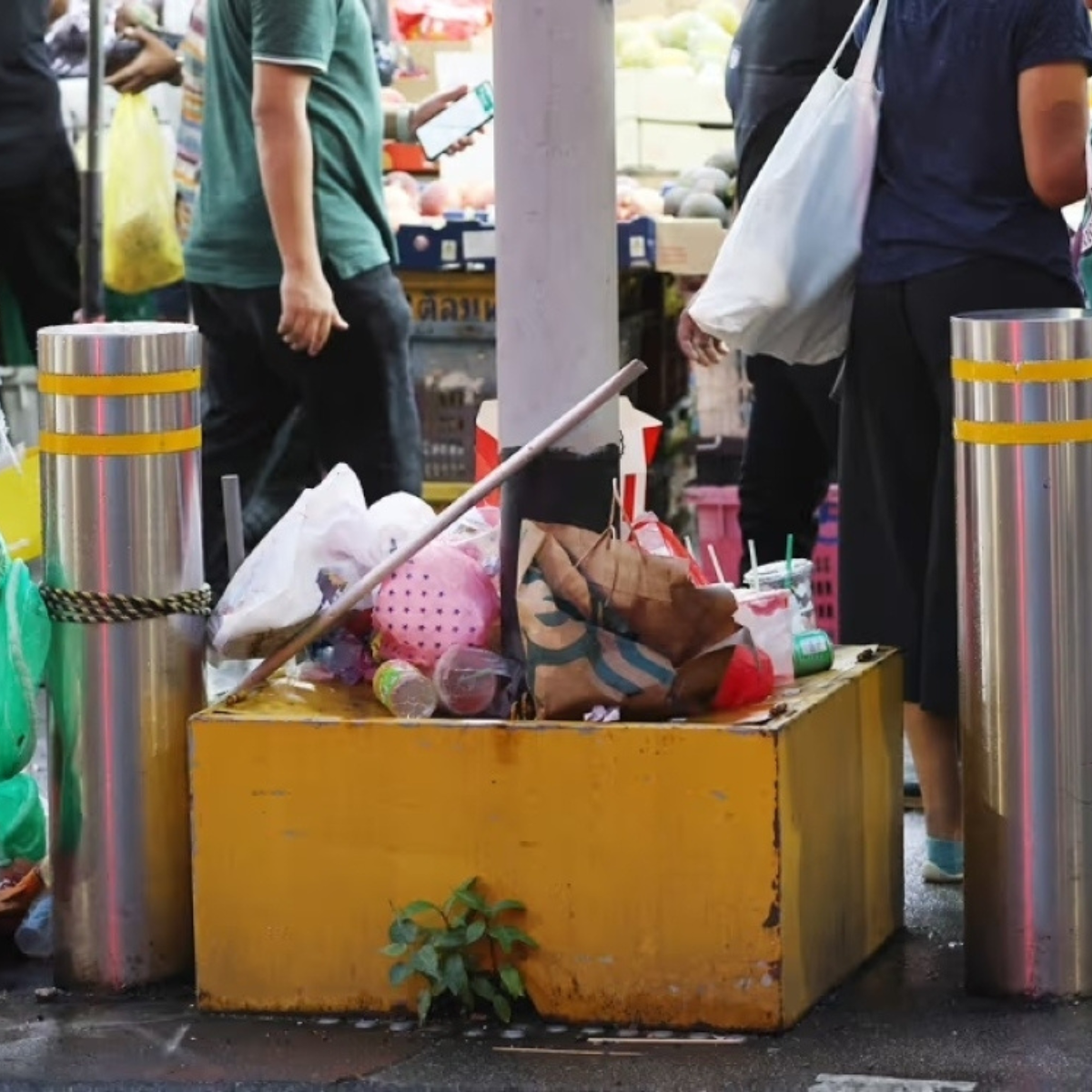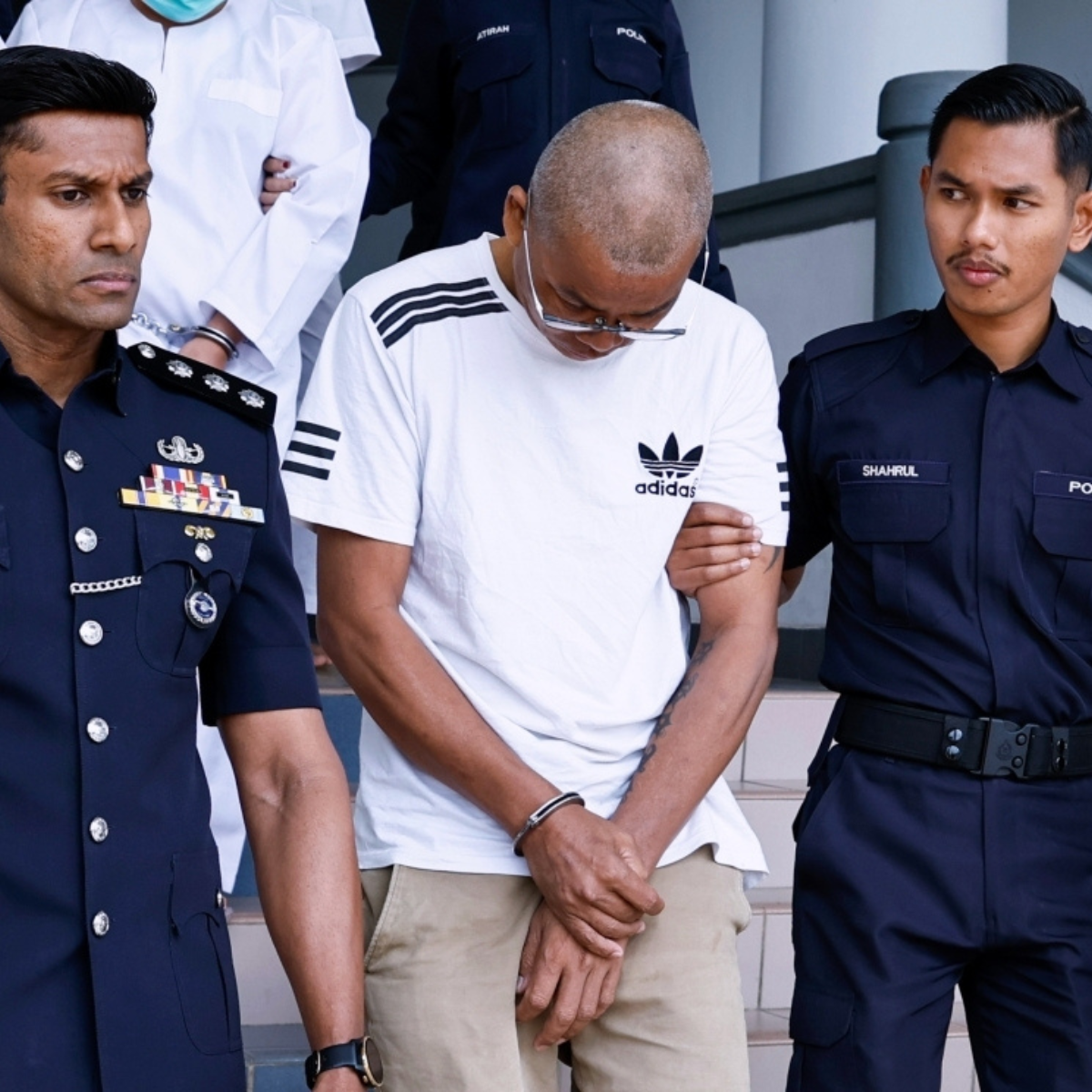KUALA LUMPUR, Jan 23 — Two foreign nationals have become the first individuals in Malaysia to be charged in court for littering under the newly enforced anti-littering law, according to a report by The Star.
JERUSALEM, May 6 — Israel’s military announced that its expanded offensive in Gaza, recently approved by the government, will involve displacing “most” of the enclave’s population — a move that has sparked alarm from the United Nations.
The Israeli security cabinet has endorsed a plan described by one official as involving “the conquest of the Gaza Strip and holding of the territory.” This comes amid worsening humanitarian conditions in Gaza, where the UN and aid agencies have repeatedly warned of looming famine following over two months of total blockade.
UN Secretary-General António Guterres expressed deep concern, with his spokesperson Farhan Haq stating the plan “will inevitably lead to countless more civilians killed and further destruction.” He stressed that Gaza “must remain an integral part of a future Palestinian state.”
A second senior Israeli security official added that the plan includes a large-scale evacuation of civilians from combat zones to southern Gaza. Military spokesperson Effie Defrin confirmed that “most of the Gaza Strip’s population” would be relocated “to protect them.”
Already, nearly all of Gaza’s 2.4 million residents have been displaced at least once since the war began, triggered by Hamas’s attack on Israel in October 2023. Israel has encouraged Gazans to leave, with officials saying that a “voluntary transfer programme” is among the goals of the operation.
For Palestinians, this raises fears of a second "Nakba" — the mass displacement during the 1948 war that created the state of Israel. The European Union echoed concerns, urging Israel to show restraint, warning that the plan would lead to further casualties and suffering.
Escalating toll and divided opinions
Israel resumed large-scale operations on March 18 after ceasefire negotiations with Hamas stalled. At least 19 people were reported killed in Gaza yesterday in renewed Israeli strikes.
While Israeli officials argue the campaign is necessary to defeat Hamas and secure the return of hostages, critics warn it endangers those still held captive. A group representing hostage families accused the government of "sacrificing" their loved ones.
Public opinion remains divided. Yossi Gershon, 36, supported the move, saying it was a “smart strategy to solve the core issue.” But Tamar Lazarow, 59, disagreed, calling the plan “reckless and dangerous,” adding, “Too many innocent people have already died.”
The decision follows the army’s call-up of tens of thousands of reservists. A security source said this mobilization may provide a “window of opportunity” for a hostage deal ahead of US President Donald Trump’s expected visit to the region next week.
Aid concerns and accusations
Since March 18, Gaza’s health ministry reports at least 2,459 deaths, raising the total death toll to 52,567 since the war began. On the Israeli side, 1,218 people were killed in the October 7 Hamas attack, with 251 abducted. Of those, 58 remain in captivity, 34 of them presumed dead.
The Israeli cabinet also approved limited humanitarian aid distribution “if necessary,” aiming to prevent Hamas from seizing supplies. However, UN agencies and aid groups accused Israel of seeking to dismantle existing distribution systems and impose conditions that violate humanitarian principles.
They warned the new system appears to use access to essential aid as a “pressure tactic.” Hamas denounced the plan as “political blackmail.” Meanwhile, far-right Israeli minister Itamar Ben Gvir said only aid supporting “voluntary immigration” should be allowed into Gaza. — AFP






